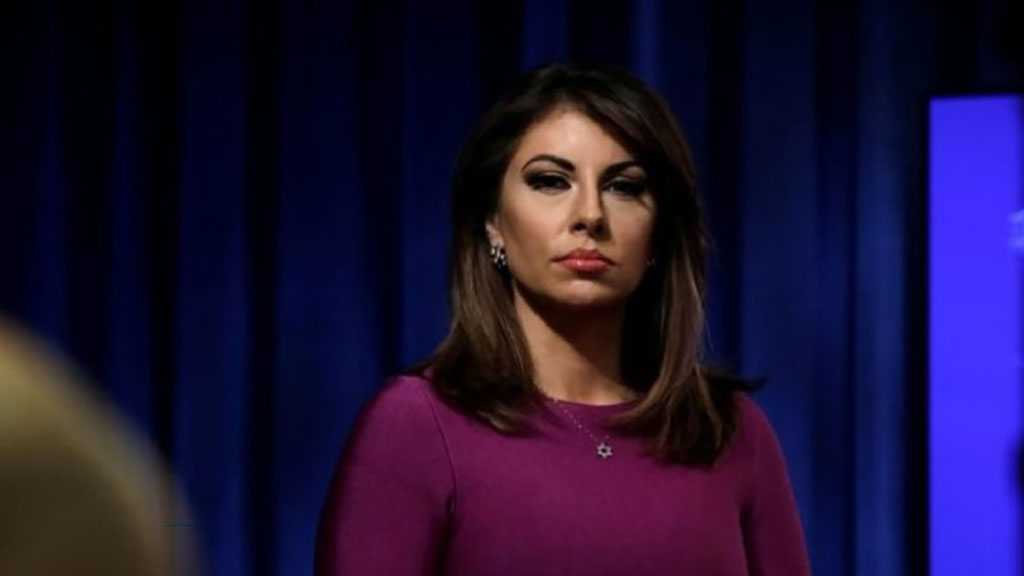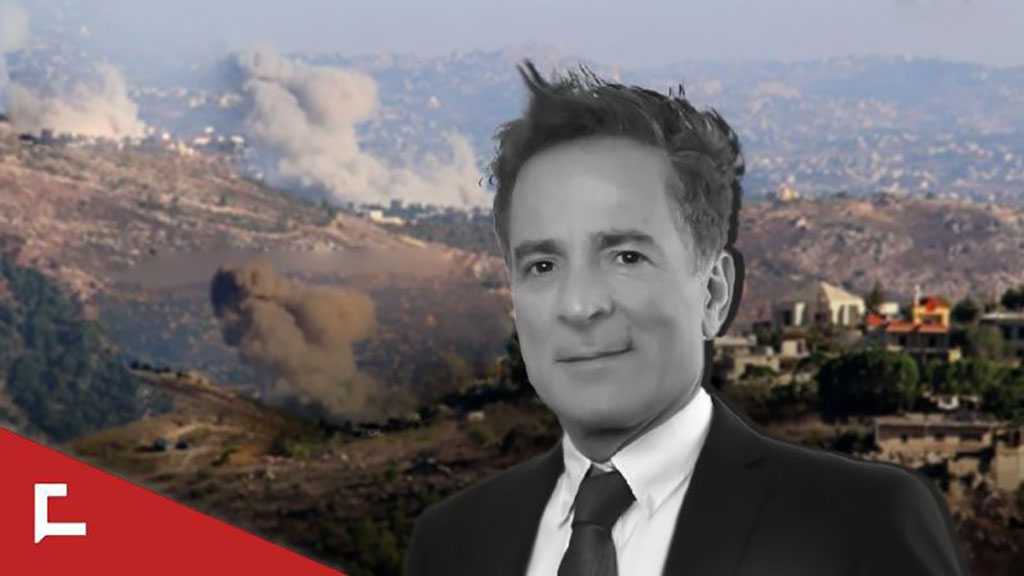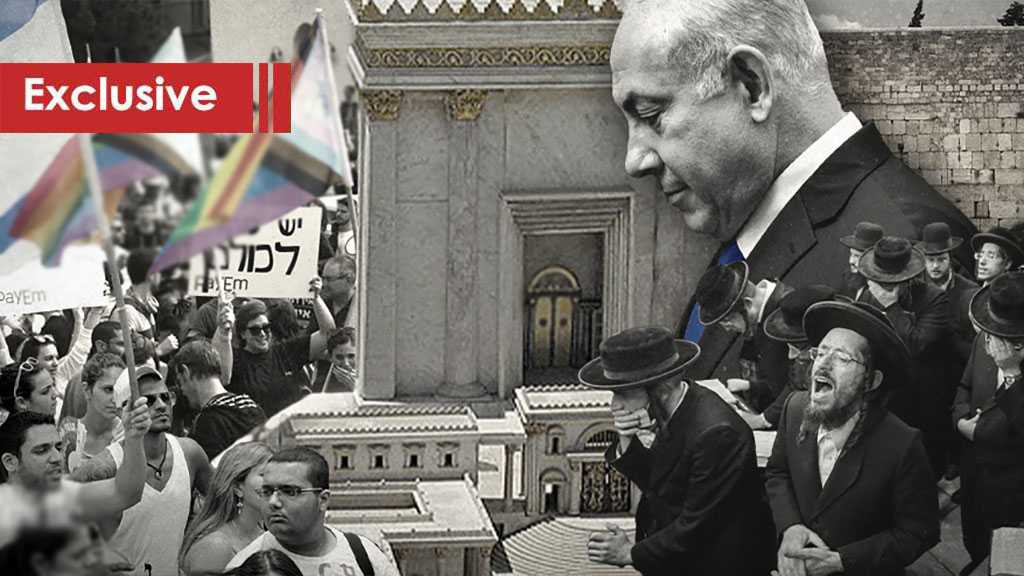
Moqawama Exclusive: Palestinian Reconciliation and Egypt’s Evolving Policies

What I recall from reading the articles and listening to the views of some well known editors and reporters like Thomas Friedman during the revolution in Egypt and even after the fall of Mubarak is one common point: this has nothing to do with anti "Israeli" stances nor with the Palestinian cause, it is about people demanding their basic rights.
There is no doubt that the latter part is true but as for the first part lets pause and take a look at what has happened and in particular let us focus on the Palestinian reconciliation which was recently brokered by Egypt under its new leaders.
One important thing to bear in mind is that if the military and transitional government in Egypt learned anything from the fall of Mubarak it is to be sensitive towards public opinion.
As is the case with the Arab public in general the Egyptian street is strongly pro-Palestinian, perhaps even more than any other street. The Egyptians feel that the Rafah border crossing gives them both a special chance and duty to extend as much assistance as they can to their Palestinian brothers in Gaza and to ease their sufferings in case they are forced to flee an "Israel" onslaught.
These feelings only increased due to the Mubarak regime's policy of refusing to open the Rafah border crossing during the last "Israeli" war on Gaza.
According to Hussein Ibish, a senior fellow at the "American Task force for Palestine" which is based in Washington the Palestinian reconciliation makes it "diplomatically and politically achievable" to open the Rafah border crossing, a step which is highly popular in the Egyptian street.
Ibish adds that the next Egyptian government and upcoming leaders who will elected by the people, in what many hope to be free and fair elections, is understandably going to be even more sensitive to public opinion which means further changes down the road in Egyptian politics including the policies towards the Palestinian issue.

What all this means is that Egypt will slowly shift from being a staunch supporter and integral part of the American led alliance in the middle east to a more even handed player and perhaps in the end to a player on the opposite side of the spectrum(take note of the talk of reestablishing diplomatic ties between Egypt and Iran).
The Palestinian reconciliation shows us that this shift towards even handedness has already begun. It is widely known that what prevented Egypt from brokering a reconciliation between Hamas and Fatah during the days of Mubarak and former intelligence chief Omar Suleiman is that Hamas viewed the Egyptian reconciliation documents too much in favor of Fatah.
This of course was in line with Cairo's pro-American policy that clearly favors Fatah over Hamas. The latest reconciliation agreement shows us that Egypt is now viewed as an honest broker by Hamas, a movement which refuses to recognize "Israel".
More importantly, the latest Egyptian efforts to broker a reconciliation between Palestinian factions reveals a realization that changes to the Mubarak foreign policy are indispensable if Egypt wants to gain a foothold in the region and be the player it once was and should be.
So, in the end the slogans in Tahrir square may not have been focused on Palestine and anti "Israeli" stances, but the people's revolution is the driving force behind some important changes being witnessed in Egypt's regional policies especially vis-à-vis Palestine.



